Table of Contents
- What is Mushroom Block Compost
- Where to Get Spent Mushroom Blocks
- Why Use Spent Mushroom Blocks for Gardening
- How to Use Mushroom Block Compost in the Garden
* Our articles never contain AI-generated slop *
So you've got your hands on some mushroom block compost and want to know how you can use it in the garden. Let's get into it!
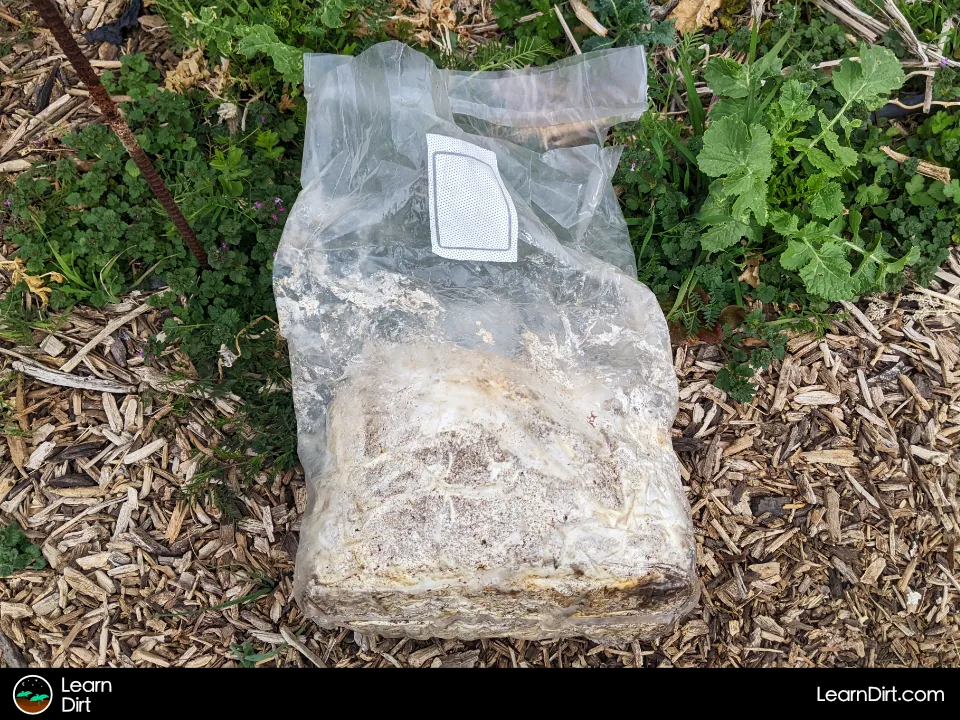
What is Mushroom Block Compost
Mushrooms are grown on substrate consisting of decaying organic matter. This is often a mixture of various things such as grains, bran, straw, hay, stalks, coffee grounds, wood shavings, sawdust, shredded cardboard or paper, and more.
After the mushrooms are grown and have partially exhausted the nutrients in the substrate, you're left with a block of depleted substrate colonized by mycelium. That's your mushroom block compost.
Disclaimer: This post may contain affiliate links. Refer to the privacy policy for more information.
Where to Get Spent Mushroom Blocks
If you've got a local mushroom cultivator, they may freely donate their spent blocks to anyone willing to pick them up.
Check at your local farmer's market for someone selling culinary mushrooms that they grow. Inquire about what they do with the spent blocks, and whether you could take some.
In my town, one of our local mushroom growers has full pallets of blocks for the taking if you message them ahead of time and plan a pickup on the day they toss them.
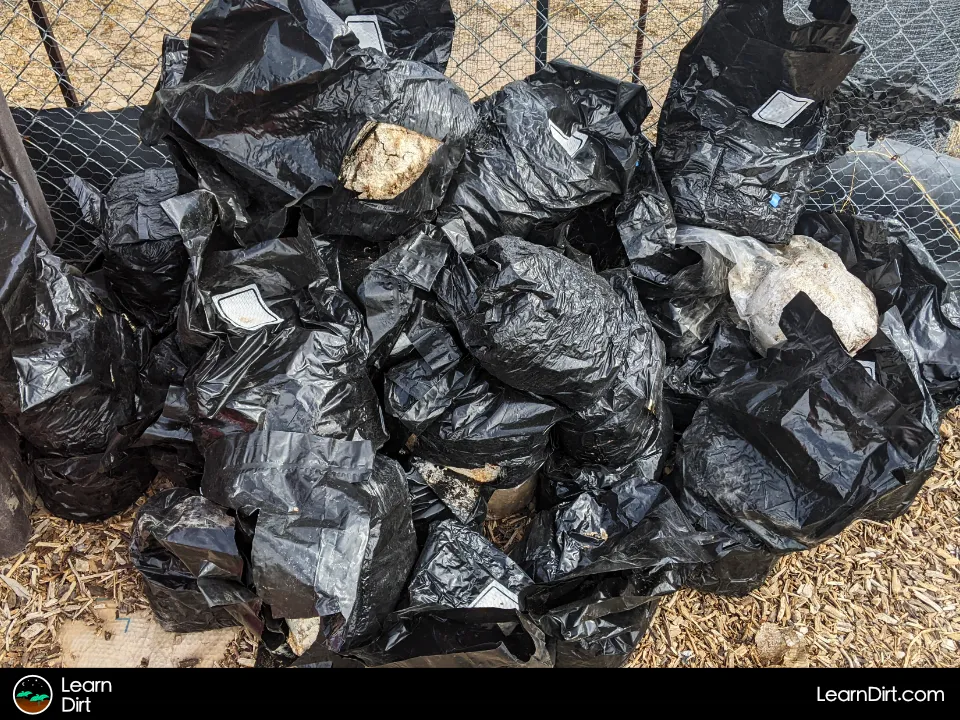
Why Use Spent Mushroom Blocks for Gardening
Nutrient Benefits
Because of the diminishing return on each successive flush of mushrooms, there's a threshold where commercial mushroom cultivators can't justify keeping older blocks around for smaller harvests.
This means that there's usually still quite a bit of nutrients left in spent mushroom blocks. When you can source them for free, that means free nutrients for your garden!
Benefit as a Fungal Inoculant
The benefits extend beyond their nutrients' however. Spent mushroom block are really primarily a fungal inoculant.
The fungi will help break down anything decaying, unlocking the nutrients from all sorts of plant matter, leaves, plant trimming, and mulch for your plants to utilize.
Some fungi species will also colonize plant roots, and help plants to access more water and nutrients through mycelial networks.
Soil Structure Improvement
Soil structure is an important component of soil-building and managing land and soil health.
In no-till environments where structure is intentionally prioritized, we should always be looking for ways to improve structure, decrease damage, reduce compaction, increase moisture infiltration rate, soil organic matter content, and raise the water holding capacity of our soils.
Luckily spent mushroom block substrate can yield all these benefits and more for free if you can source enough to make a difference in your garden.
Ask about pallets and truckloads when you talk to local mushroom cultivators. Many are happy to offload the material they're done with, and to see it get a second life in local gardens and farms.
For all these reasons and more, it's highly worthwhile to add spent mushroom block compost to your gardens if you can source them for free.
How to Use Mushroom Block Compost in the Garden
Just crumble it into your garden and water it in.
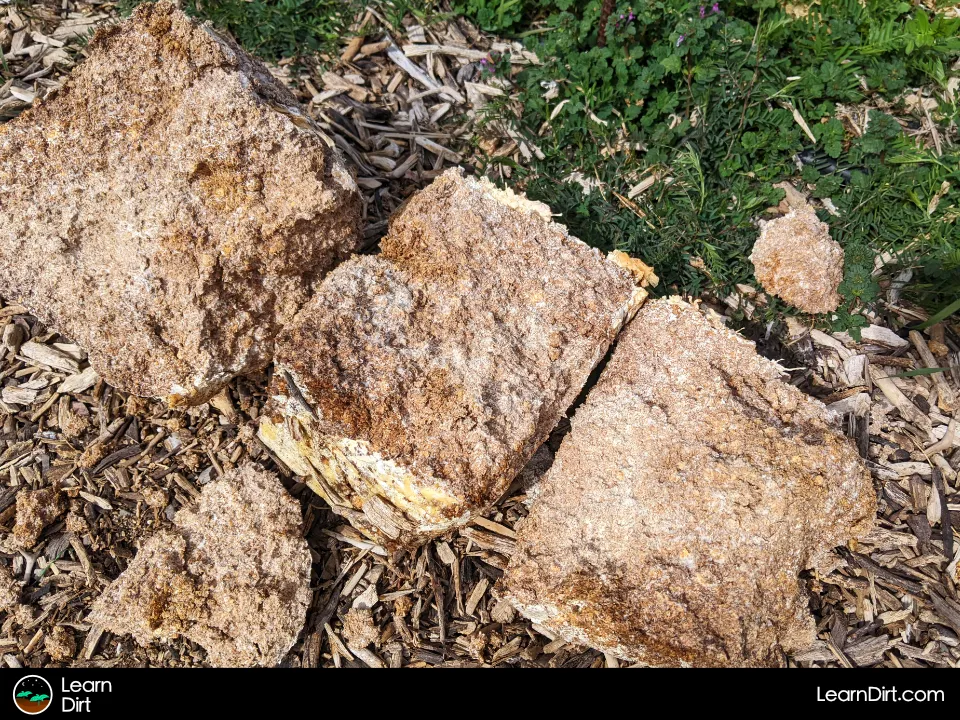
Fungi just need something decaying to eat. It depends on the species, but they'll break down wood chips, sawdust, hay, straw, shredded cardboard, grains, leaves, stalks, stems, coffee grounds, tea leaves, food scraps, all kinds of things.
When you chop plants down or prune them you can drop the trimmings on your soil and let the mushrooms eat them and break them down for the next generation of plants 🌱 frequent mulching with anything you can find helps keep all the decomposers well-fed
Join The Grower's Community
Whether you cultivate vegetables, house plants, succulents,
mushrooms, flowers, cannabis, or more...
you're welcome here 🌱
Check It Out!








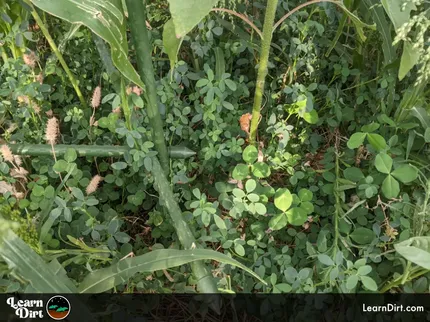
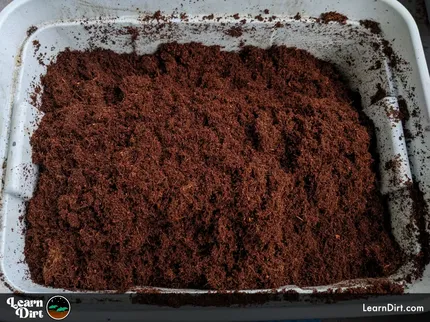
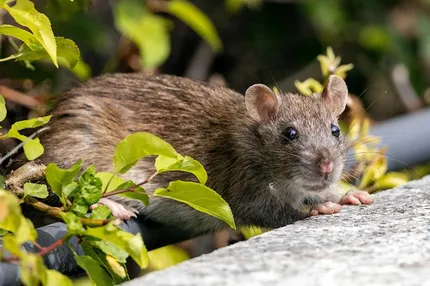
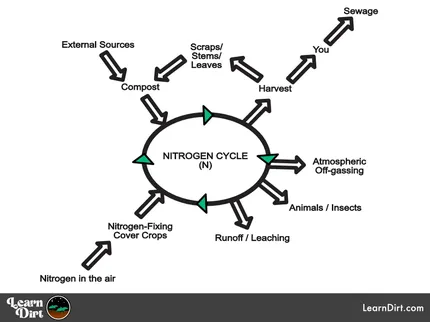


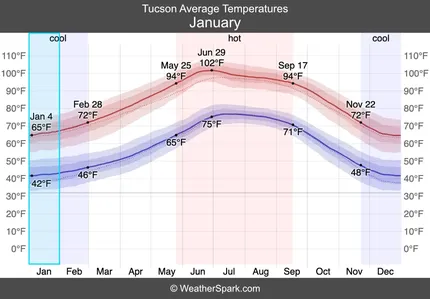
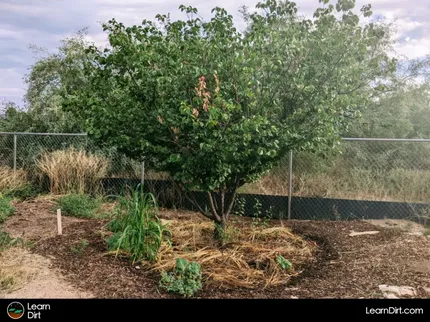
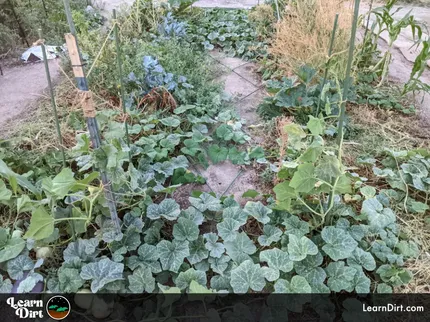

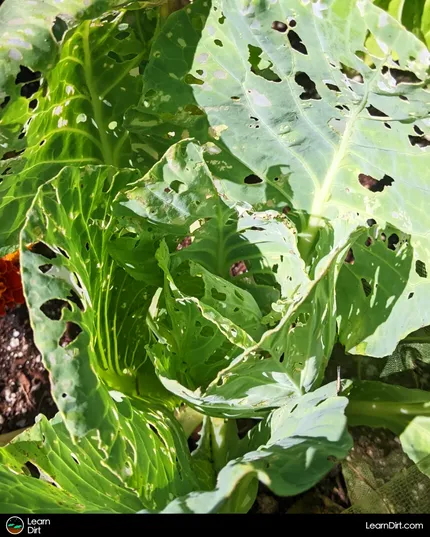
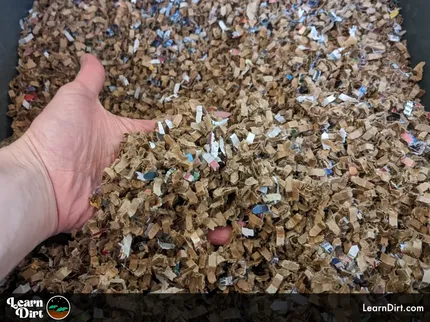
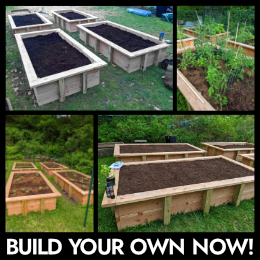

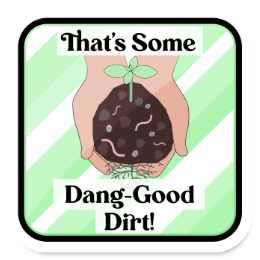
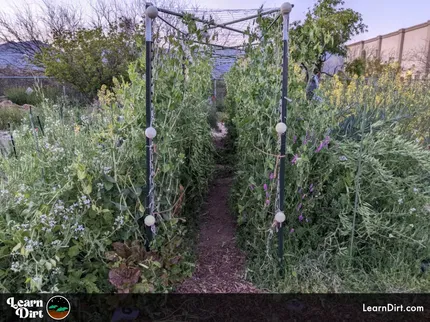
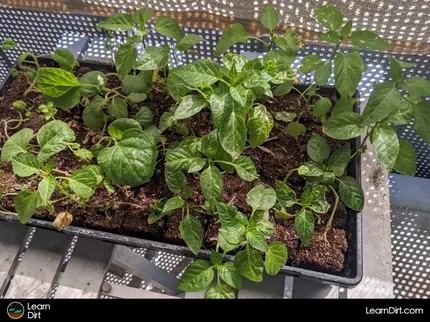
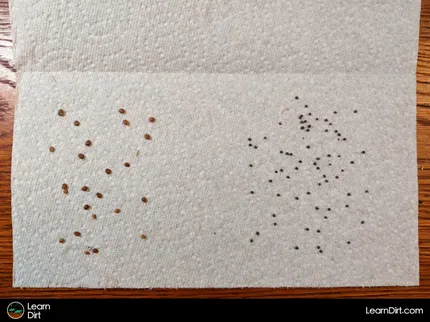
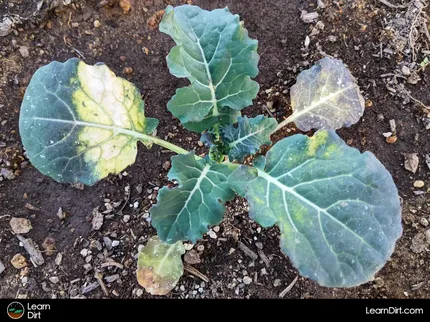
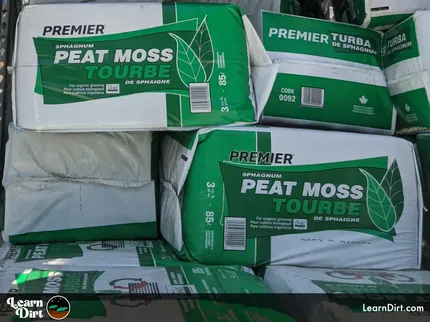
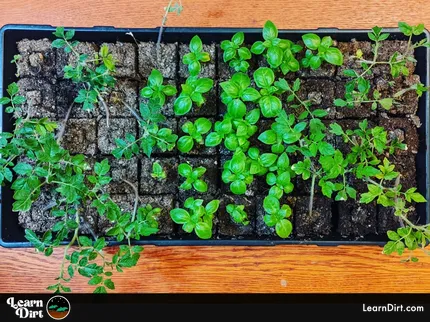
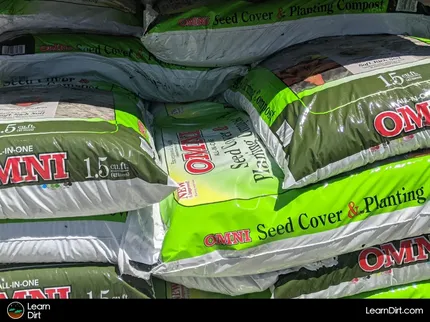
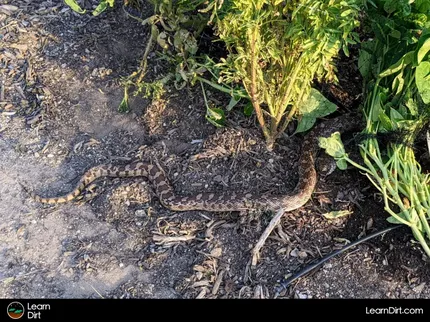
Leave A Comment:
Under construction, please check back soon!